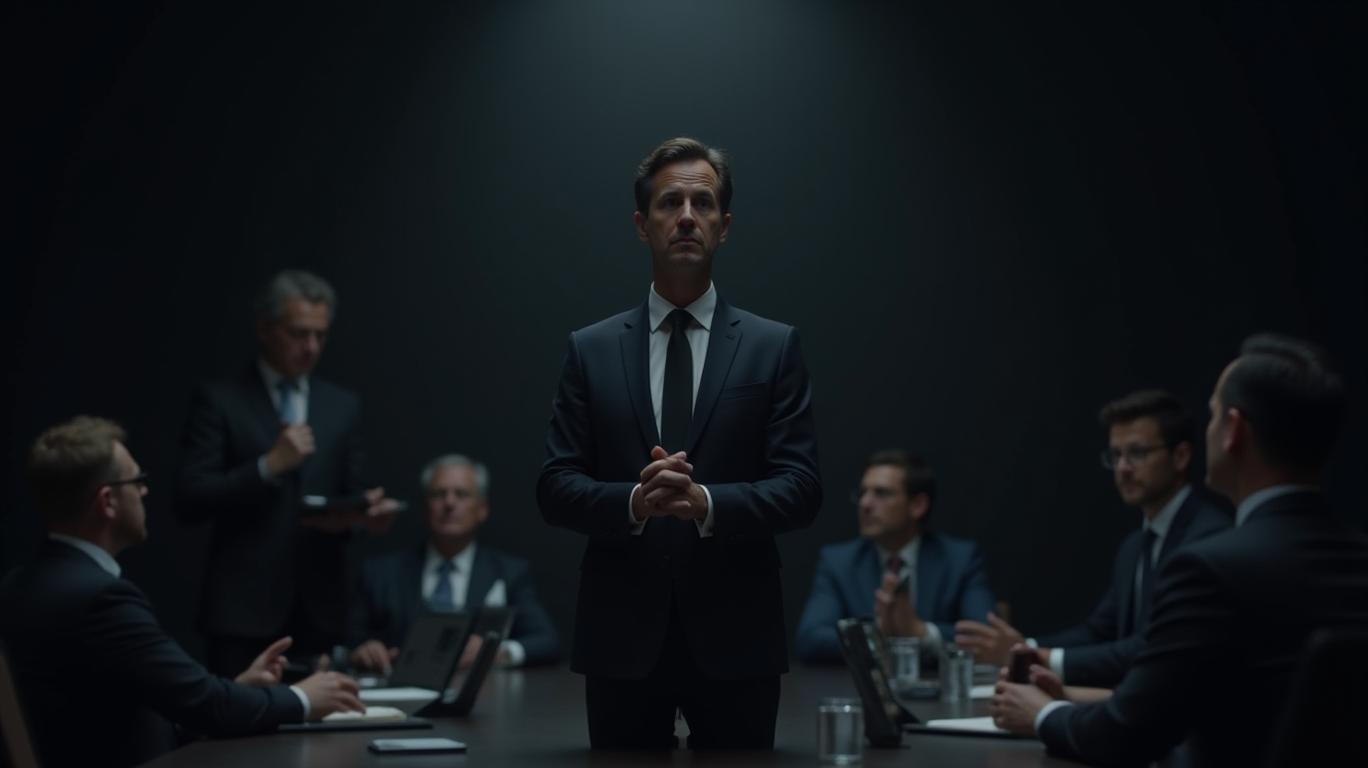White House Suspends NVIDIA AI Chip Export Restrictions to China
In a notable shift, the White House has reportedly revised its plans to restrict the export of NVIDIA's AI chips, specifically the H20 model, to China. This change follows a dinner attended by NVIDIA's CEO, Jensen Huang, at the Mar-a-Lago estate in Florida. The decision was influenced by NVIDIA's commitment to invest in new data centers in the United States, a move seen as a strategic effort to offset the potential impact of the export restrictions.
The initial plan to impose stricter controls on the export of H20 chips had been in development for several months, with implementation expected as early as this week. However, after Huang's visit to Mar-a-Lago and NVIDIA's pledge to invest in U.S. infrastructure, the White House decided to suspend further restrictions on the export of these chips. It is unclear whether Huang had direct discussions with President Trump during the dinner.
The H20 chip is one of the most advanced AI chips that NVIDIA is legally allowed to sell to the Chinese market. The decision to suspend the export restrictions comes amid growing pressure from U.S. lawmakers to impose more stringent controls on the export of AI chips to China. This pressure has been driven by concerns over the rapid advancements in China's AI capabilities and the potential national security implications.
The White House and the U.S. Department of Commerce have not yet responded to requests for comment on the matter. NVIDIA has also declined to comment on the reports. The decision to suspend the export restrictions is seen as a strategic move by the U.S. government to balance its national security concerns with the need to maintain its competitive edge in the global AI market. By allowing NVIDIA to continue exporting the H20 chips to China, the U.S. can maintain its leadership in AI technology while also ensuring that its own data centers benefit from NVIDIA's investments.

Stay ahead with real-time Wall Street scoops.
Latest Articles
Stay ahead of the market.
Get curated U.S. market news, insights and key dates delivered to your inbox.



Comments
No comments yet